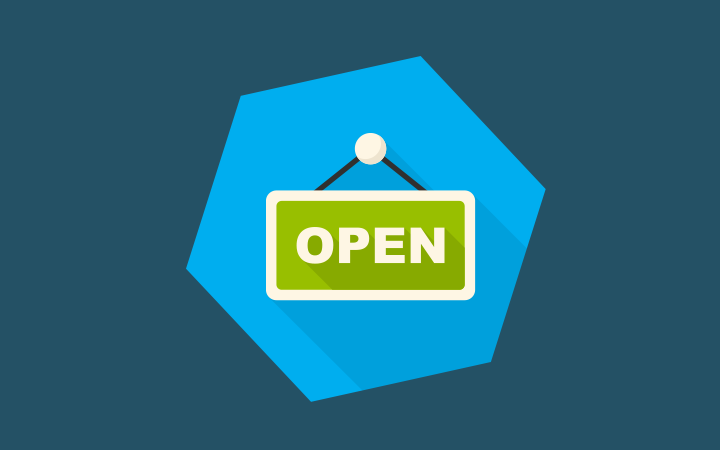
We offer meditation in Southend-on-Sea, Essex at The Body Matters. Meditation and mindfulness are available from our clinic based in Leigh-on-Sea. We also offer telephone & online support and remote consultations. Call us on 01702 714968 for more information.
Embodied & Somatic Meditation at The Body Matters
Reconnect with Yourself from the Inside Out
In a world that often pulls us into constant thinking and doing, Embodied and Somatic Meditation offer a return to something more essential, the simple, grounded experience of being present in your body.
These practices gently guide you out of overthinking and into a deeper connection with your body, mind, and heart. You learn not just to be aware of your body, but to live in it, to feel yourself from the inside, with presence and ease.
As you explore this inner space, you may notice:
- Physical tension softening
- Emotions naturally settling
- A sense of stillness, spaciousness, and quiet joy emerging
- Long-held habits or patterns beginning to shift
- A growing sense of wholeness and authenticity
Rather than forcing change, these meditations invite it through awareness and inner contact. You may discover that what you’ve been seeking: healing, clarity, peace... is already here, just beneath the surface.
What Is Embodied & Somatic Meditation?
This approach helps you gently shift out of the overactive thinking mind and reconnect with the felt sense of being alive in your body.
Rather than just observing your body from the outside, you learn how to inhabit it from the inside, to soften tension, feel more grounded, and access a deeper sense of wholeness and calm.
Over time, this work can support:
- Relief from chronic tension or stress
- Greater emotional balance and resilience
- A clearer sense of your authentic self
- A deepened sense of presence, stillness, and ease
What Makes This Approach Unique?
Many meditation styles focus mainly on the mind. Our approach includes the whole being, body, heart, and mind, as an integrated path toward deep presence and inner transformation.
We explore:
- Embodied Awareness: Shifting from thinking about the body to living within it
- Somatic Release: Letting go of internal tension and unconscious holding patterns
- Non-Dual Presence: Accessing a subtle, unbroken part of yourself sometimes called the True Self, Authentic Self, or Fundamental Consciousness
This deeper dimension isn’t something we create, it’s something we uncover. It’s always been there, quietly present beneath the noise of everyday life.
Why Practice?
This work can support you in:
- Finding relief from stress, anxiety, or chronic tension
- Healing physical and emotional patterns held in the body
- Developing a more fluid, natural way of moving and being
- Feeling more connected to yourself, to others, and to life itself
You don’t need prior experience with meditation or somatic practices. Just a willingness to slow down, turn inward, and listen.
How Embodied and Somatic Meditation Can Help
Embodied and somatic meditation reconnects the mind with the body, fostering deep awareness and self-regulation. Through breath, movement, and sensation, somatic practices invite healing where so many unspoken feelings and traumas are silently held.
Group and 1:1 Sessions for Deep Inner Connection
Whether you're seeking personal healing, a deeper connection to yourself, or simply a way to slow down and breathe more fully into life, these sessions offer a grounded, body-based approach to meditation that supports real transformation.
Group Sessions - Shared Presence, Collective Support
Group sessions offer a powerful opportunity to explore these practices in community. While each person is on their own journey, there’s something deeply nourishing about being in a shared space of presence and intention.
In group sessions, you’ll be guided through:
- Gentle somatic meditations
- Embodied awareness practices
- Reflections and space for sharing (always optional)
No two sessions are the same, they evolve organically based on the group’s energy and needs. You don’t need previous experience, just curiosity and a willingness to slow down.
Benefits of group sessions:
- Connect with like-minded individuals
- Feel supported in a shared healing field
- Discover insights through collective presence
1:1 Sessions - Personalised Support, Deep Inner Work
Private sessions offer a more tailored experience, allowing us to work directly with what’s alive for you, whether it's physical tension, emotional patterns, or a desire for deeper self-awareness.
In a 1:1 setting, we can move at your own pace and gently explore:
- Where you're holding in the body
- Subtle energy patterns or emotional imprints
- A direct experience of your deeper self or inner stillness
These sessions can feel like a quiet homecoming, not something you have to figure out, but something you allow to unfold.
Ideal for those who:
- Prefer a more private, in-depth space
- Are navigating specific challenges
- Want to integrate the practice into everyday life
Who Are These Sessions For?
Anyone seeking a gentler, body-based path to:
- Reconnect with themselves
- Release old patterns held in the body
- Experience meditation beyond just the mind
- Cultivate peace, clarity, and grounded presence
No prior meditation or somatic experience is needed.
Ready to begin?
Join a group session or book a 1:1 to start exploring the depth and intelligence of your own inner landscape.
Let’s return to the body and to the quiet power of simply being here.
Remote Consultations Available
We continue to use remote consultations to provide our services without physical interaction, if required, by shifting some appointments to video consultations.
Read our Remote Consultations page for more information.


